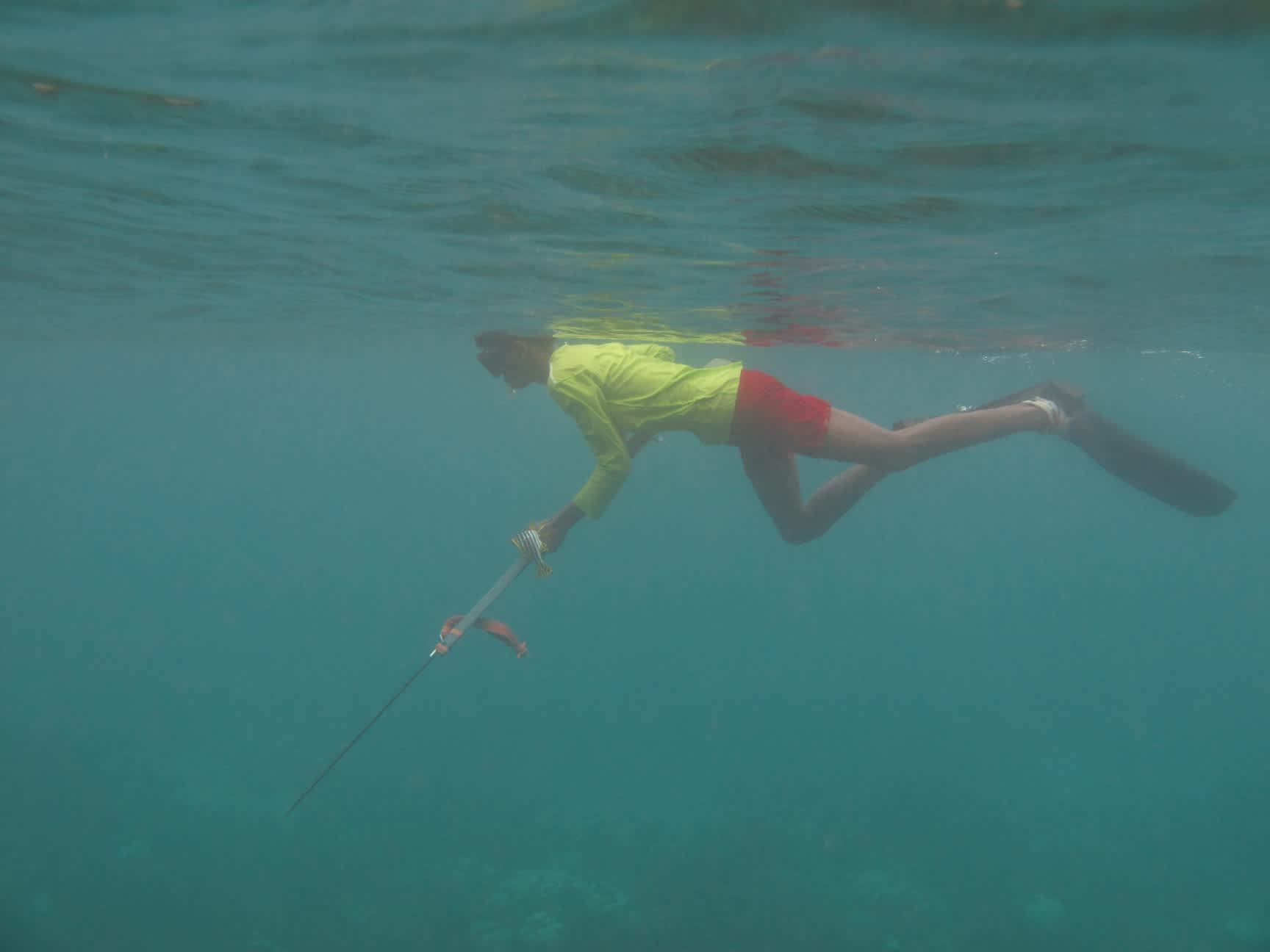Centuries-Old Management System is Benefiting Coral Reefs, WCS Study Says
OutdoorHub 10.11.12

A new study by the Wildlife Conservation Society and James Cook University says that coral reefs in Aceh, Indonesia are benefiting from a decidedly low-tech, traditional management system that dates back to the 17th century.
Known as “Panglima Laot” – the customary system focuses on social harmony and reducing conflict among communities over marine resources. According to the study, reefs benefitting from Panglima Laot contain as much eight time more fish and hard-coral cover due to mutually agreed upon gear restrictions especially prohibiting the use of nets.
The study, which appears in the October issue of the journal Oryx, is by Stuart Campbell, Rizya Ardiwijaya, Shinta Pardede, Tasrif Kartawijaya, Ahmad Mukmunin, Yudi Herdiana of the Wildlife Conservation Society; and Josh Cinner, Andrew Hoey, Morgan Pratchett, and Andrew Baird of James Cook University.
The authors say Panglima Laot has a number of design principles associated with successful fisheries management institutions. These include clearly defined membership rights, rules that limit resource use, the right of resource users to make, enforce and change the rules, and graduated sanctions and mechanisms for conflict resolution. These principles are the key to the ability of the institution to reduce conflict among communities, provide sustainable access to marine resources, and limit the destruction of marine habitats.
“No-take fishing areas can be impractical in regions where people rely heavily on reef fish for food,” said the study’s lead author Dr. Stuart Campbell of the Wildlife Conservation Society. “The guiding principle of Panglima Laot was successful in minimizing habitat degradation and maintaining fish biomass despite ongoing access to the fishery. Such mechanisms to reduce conflict are the key to success of marine resource management, particularly in settings which lack resources for enforcement.”
However, the institution has not been uniformly successful. In particular, reef conditions in the adjacent island group of Pulau Aceh were poor possibly because of destructive fishing and poor coastal management. The precise causes of this breakdown of the Panglima Laot system are the focus of current research efforts in the region.
Other work by WCS and James Cook University suggests that fishers who are poorer and had lower levels of participation in resource management, had correspondingly lower levels of both trust in local institutions and involvement in community events. These groups subsequently felt less benefit from the customary PL system. In these places fishing is largely uncontrolled.
When the PL system is strong, and motivated by the aim of producing social harmony, restrictions on gear use by the Panglima Laot in Aceh have direct conservation benefits such as high coral cover and enhanced fish biomass.
Additional surveys over a wider geographical scale and over a longer period are required to reveal whether these findings also apply across larger scales and over time.

